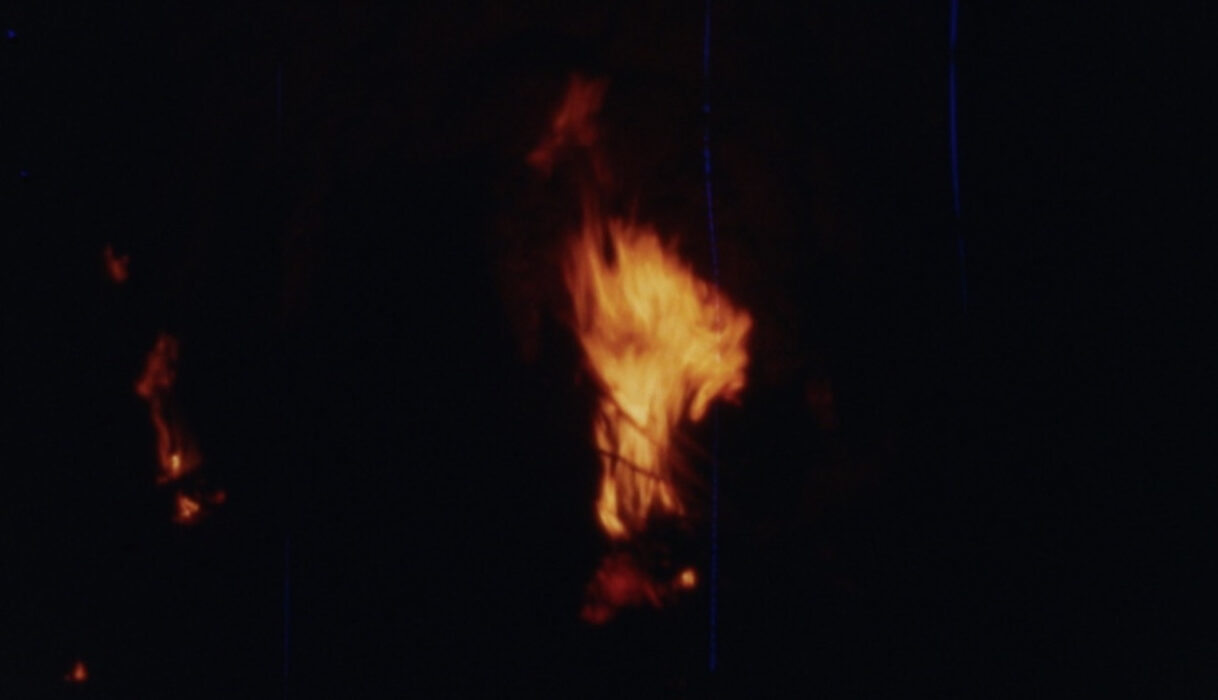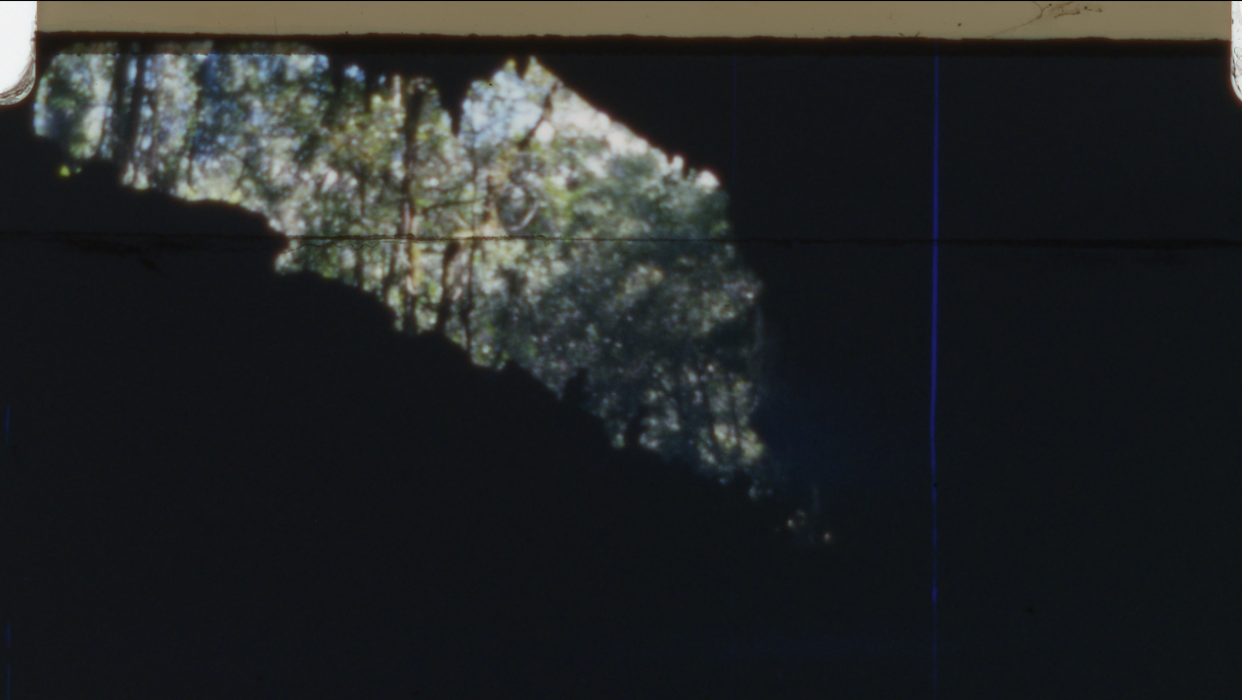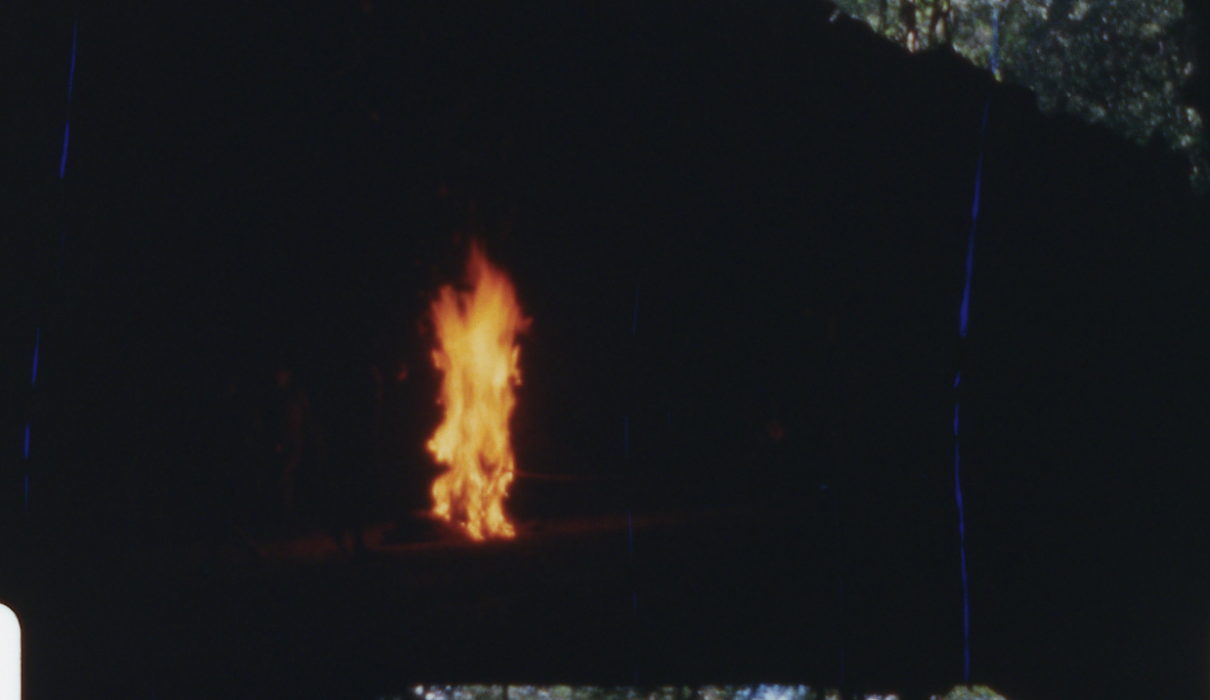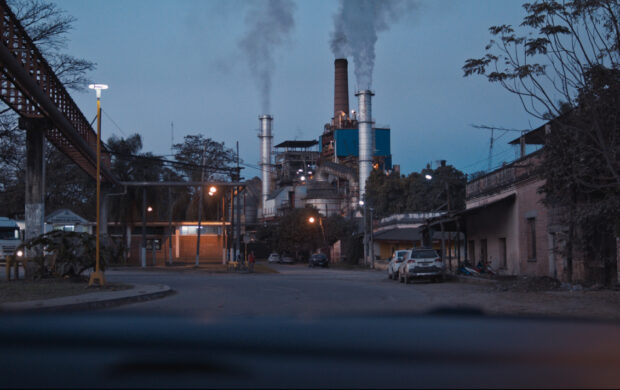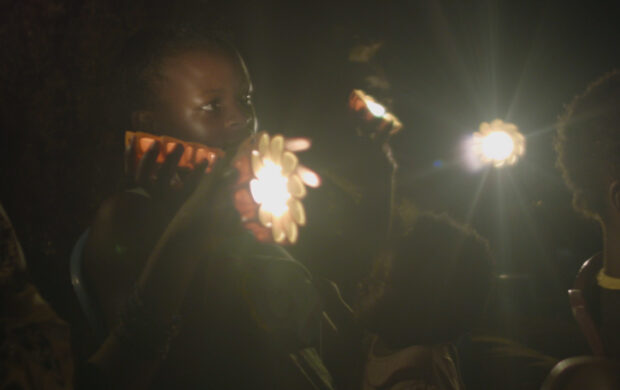Expedition Content
- 2020
- United States
- 78 min
- English, Hubula language, Dutch
SPECIAL MENTION LORIDAN IVENS / CNAP AWARD
From the audio archive of the Harvard Peabody Expedition to Netherlands New Guinea, 1961, an encounter with the Hubula people, and the histories of field recording, ethnographic film and colonialism.
How can Robert Garner’s famous ethnographic film, Dead Birds be connected to the national guard’s assault on Attica prison in 1971? One possible answer: Michael Rockefeller. The great grandson of oil magnate John D. Rockefeller, this man was also the son of Nelson Rockefeller, governor of New York in 1971. He also took part in the Harvard Peabody multimodal anthropology expedition conducted between April and August 1961 in West New Guinea, which led to Robert Gardner’s film on the Hubula people. Michael was in charge of collecting images and especially sounds, which constitute the main material for Expedition Content. We find ourselves plunged into darkness, invited to feel our way around a soundscape that conjures up landscapes, animals and, above all, the Hubula themselves, through their songs and conversations. This is the off-screen soundscape of Dead Birds, where their voices were treated as noises more than vectors of meaning. Deprived of their words, the Hubula appear as a richly costumed people but nonetheless primitive, described by Gardner’s quasi-divine voice. There is thus good reason to be surprised when the archives reveal that the Americans sent by Harvard well and truly visited this foreign land with their bodies, and not simply their minds. Revisiting the story of a film, Ernst Karel and Veronika Kusumaryati touch on an issue of immense scope: the relationships that forge ideologies, representations and the destiny of entire peoples.
Olivia Cooper-Hadjian
- Production : Sensory Ethnography Lab
- Editing : Ernst Karel, Veronika Kusumaryati
- Print contact : Sensory Ethnography Lab, Harvard University, lgtaylor@fas.harvard.edu
